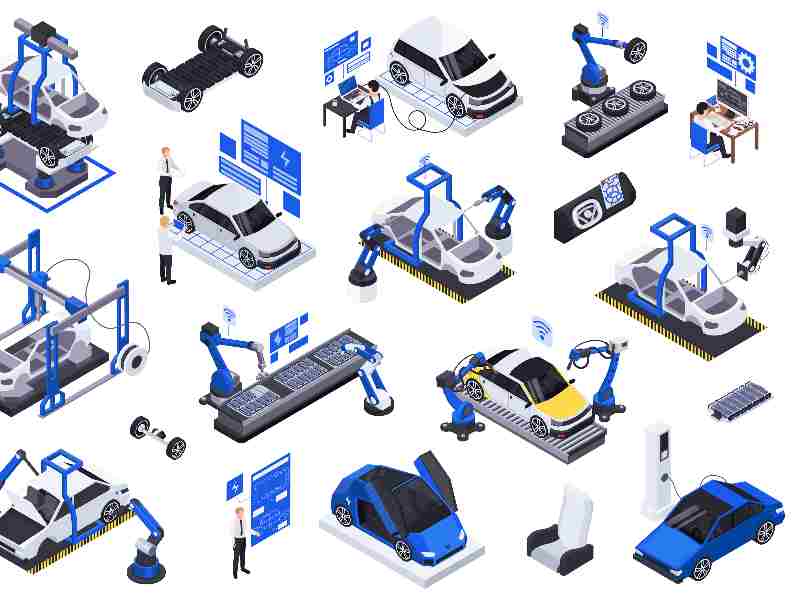In a national effort to convert Indonesia’s Electric Vehicle (EV) ecosystem from upstream to downstream, Indonesia’s state-owned electric utility PT PLN (Persero) has announced extensive infrastructure rollout to accelerate the country’s EV uptake and use, aiming to reduce carbon emissions from transportation.
 Image: 123rf
Image: 123rf
Minister of State-Owned Enterprises (SOEs) Erick Thohir said the government is fully committed to developing the EV ecosystem after President Joko Widodo released Presidential Regulation Number 55 of 2019 on the Acceleration of the Battery Electric Vehicle Program for Road Transportation.
The Ministry of SOEs has also assigned a number of SOEs, including PLN, to collaborate on accelerating the electric vehicle ecosystem in Indonesia.
President Director of PLN, Darmawan Prasodjo, said in a press statement that PLN is ready to support the acceleration of the EV ecosystem from upstream to downstream. Besides securing power supply for charging, PLN has also prepared supporting infrastructure and services to facilitate users towards switching to electric vehicles.
Charging stations
Currently, PLN has developed 150 units of Public Electric Vehicle Charging Stations (SPKLU) spread over 120 locations and now plans to install 110 new units in 2022.
Prasodjo said that PLN is pleased to welcome business entities to collaborate in partnerships to provide SPKLU. A new scheme for their provision was also announced. The Partnership Investor Own Investor Operate (IO2) sees the Partner prepare investment funds according to the type of SPKLU service, land provision and operation and maintenance.
“PLN also cooperates with state-owned banks or Himbara for EV banking service products, car installments and the SPKLU franchise,” added Prasodjo.
Battery charging
For electric motor vehicles, PLN has also provided a General Electric Vehicle Battery Exchange Station (SPBKLU). Currently, there are 16 units installed in Jakarta and 2 units in Surabaya. In 2022, it is planned that 70 SPBKLU units will be expanded with a total of about 300 batteries and locations spread across Java and Bali.
Prasodjo commented how, “considering the experience of electric vehicle users, charging is mostly done at home when the vehicle is not in use. Usually at night. For this reason, PLN has also collaborated with ATPM or electric vehicle distributors.”
Through the collaboration, PLN customers who purchase EVs will be assisted with the installation of home charging and receive discounts on new installations for electric vehicles, namely the ‘Super EVeryday’ promo.
Digital platform
EV users are also facilitated, added Darmawan, by Electric Vehicle Digital Services (EVDS).
The EVDS is a platform for EV services, aiming to digitise and integrate customer service systems for users and potential users of EVs.
PLN is also collaborating with other SOE’s institutions to scale up an end-to-end EV battery supply chain through the Indonesia Battery Corporation (IBC). Through this, the potential for nickel in Indonesia will be able to support the acceleration of EVs in the country, because the battery component is the most expensive component in an electric vehicle.
Therefore, PLN has joined the IBC, a consortium of four SOEs, which consists of PLN, Antam, Pertamina and Mind ID, that will engage the mining and energy sectors. “In 2022, PLN will increase the fund up to Rp513 billion ($33,090) to IBC to develop the battery industry,” added Darmawan.
